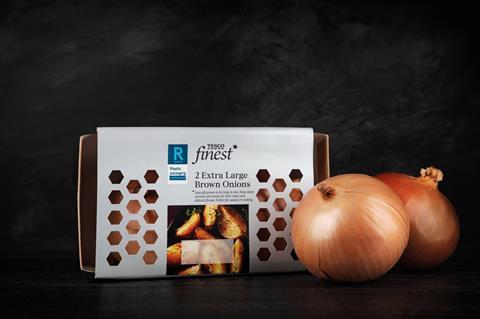Circana report analyses the performance in France, Germany, Italy, Netherlands, Spain and the UK
Private labels are driving a significant transformation in the FMCG sector across Europe, according to a new report.

Circana’s latest report, ‘Private Labels: Transformation for Growth’, highlights how private labels have capitalised on shifting consumer behaviours, offering affordable, high-quality products that meet evolving demands for health, sustainability and value.
Despite intense inflationary pressures across the FMCG landscape, the report reveals that private labels achieved a 9.4 per cent growth in value sales and a 2.2 per cent increase in volume sales across the largest six European markets – France, Germany, Italy, the Netherlands, Spain and the UK – as of March 2024.
Private labels have firmly established themselves in the sector, with a 39 per cent market share in value sales and a 46 per cent share in unit sales.
The report shows that categories such as Chilled & Fresh Foods, Household Care, and Personal Care have seen the highest private-label penetration. Spain, Germany and the Netherlands lead in private-label market penetration, with Spain achieving a 48 per cent market share.
While private labels surged, national brands showed modest recovery through aggressive promotional strategies. However, even with 43 per cent of national brand units sold on promotion in the UK, they continue to lag private labels in overall growth.
Ananda Roy, senior vice president of thought leadership at Circana, said: “Private labels have redefined the competitive landscape, not just by offering lower prices but by consistently delivering quality, innovation, and sustainability. Their success underscores a broader consumer shift towards brands that align with their values, particularly in health-conscious and eco-friendly categories.”
Strategies to compete
Circana’s report outlines four strategic options for brands looking to compete effectively: diversify into adjacent categories, grow the category through innovation, preimmunise distinctively, and collaborate strategically. Brands that focus solely on promotions without investing in innovation risk falling behind in an increasingly dynamic market, Circana said.
It also warned of a slowdown in category innovation, with 17 per cent fewer new product launches observed due to supply chain disruptions and a focus on core product ranges. This presents a risk of the FMCG sector becoming an ‘innovation desert,’ it said, emphasising the need for both private labels and national brands to prioritise innovation to drive organic growth.



